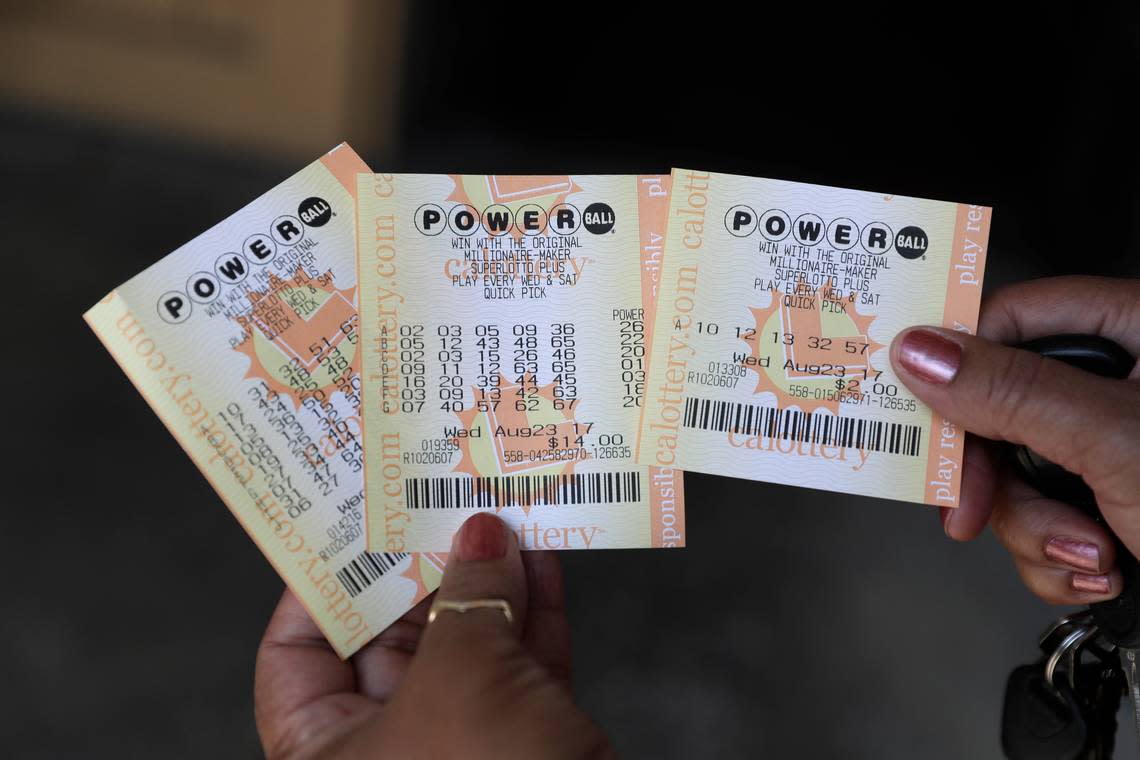Hoping to win that $1.6B Powerball jackpot, Idahoan? Here’s what you’d get after taxes

Before you plan how to spend the world-record $1.6 billion Powerball jackpot, keep in mind that’s not exactly the amount you’d take home if you won.
But you’d still become quite rich.
Under federal, state and local tax laws, and other lottery rules, your fortune would be knocked down quite a bit. Powerball is a multistate lottery game that can be played in 45 states, including Idaho. It can also be played in the District of Columbia and the U.S. Virgin Islands. A Powerball interactive map shows each state where you can play.
The last Idahoan to win big on Powerball was Brad Duke, a resident of Star, who won a $220.3 million jackpot in May 2005.
Winners have 180 days from the day of the drawing to claim their winnings, and a further 60 days to decide between claiming their winnings in cash or an annuity.
If you get a lump-sum payout
When you win the lottery, you get two options: a lump-sum cash payout of your winnings or an annual payment over 25 years.
If you choose to get a lump sum for the $1.6 billion, expect $782.4 million in cash, according to the Powerball website. That’s because lump sums are typically around 60% of the total value of the winnings.
Lisa Greene-Lewis, a certified public accountant and tax expert with TurboTax, said that anytime you have a gambling winning — this includes scoring the lottery — and it’s more than $5,000, you get hit with a federal tax of 24%.
There are also additional federal taxes — totaling 37% — since the payout would put you in a higher tax bracket. This means $187.8 million for the 24% right off the bat, and $101.7 million when filings are due, according to the online lottery calculator Omni Calculator. This would make a take-home cash payout of $492.9 million.
Depending on the state, you also can get hit with more taxes. In Idaho, there is a 6.5% state tax from the winnings. This would take another $50.8 million, leaving you with a final sum of approximately $442 million.
If you want annuity
A similar taxing process follows if you choose to get annual payments for your winnings.
For the $1.6 billion jackpot, the payments would start at $11.7 million annually and increase by 5% every year. (It’s important to note that these numbers are estimated averages for annuity payments, which are dependent on your filing status.)
